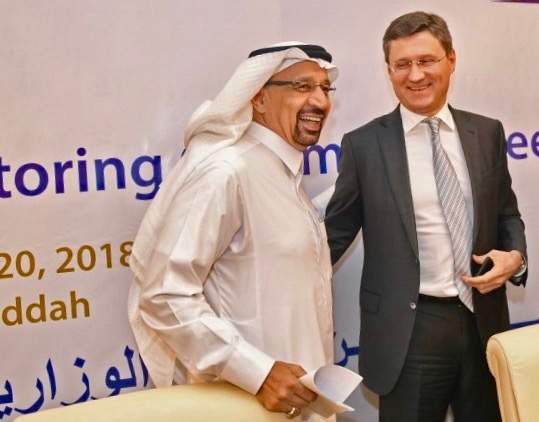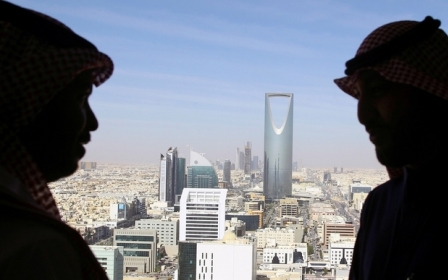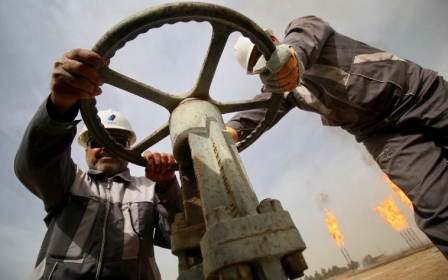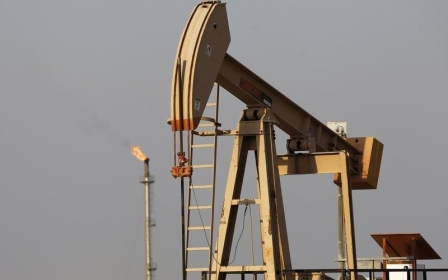Saudi Arabia, Russia will seek OPEC production increase of 1.5 million bpd

Saudi Arabia and Russia will ask OPEC to increase crude oil production by 1.5 million barrels a day in the third quarter of 2018, Russian Energy Minister Alexander Novak said on Saturday.
OPEC is slated to meet next week in Vienna, with Saudi Arabia and Russia already indicating they are prepared to increase output. "Everyone is talking about raising production - the only question is by how much," said Bob Yawger, director of energy at Mizuho in New York.
OPEC and Russia decided together in 2016 to cut their supply in order to push prices up after a crash induced by a global crude production glut.
Still, an oil production shortfall in Iran and Venezuela has changed the scenario for the two countries and some members of the oil cartel.
Novak said Moscow and Riyadh "propose increasing production in the third quarter by 1.5 million bpd," according to RIA Novosti news agency.
"We are only proposing this for the third quarter. In September we will review the situation in the market and decide the future course."
World oil markets cratered this week on fears of the increased supply, with US crude on track for its biggest decline since 15 May, and to end the week on Saturday down 1.3 percent. Brent was headed for a 4 percent loss on the week.
Russian President Vladimir Putin and Novak met Saudi Crown Prince Mohammed bin Salman before the opening World Cup match in Moscow.
Division at OPEC
Still, while both Russia and Saudi Arabia are looking to return some barrels to the market, not all OPEC members agree, CNBC reported. Iran and Venezuela have said the current production agreement should stay in place - mainly because they're feeling the economic pinch of sanctions.
"You now have in OPEC two countries that have been the subject of international sanctions and for one country, Iran, those sanctions have been supported by two members of OPEC, the UAE and Saudi," Helima Croft, global head of commodities strategy at RBC told CNBC. "There are a whole host of divisions going into this meeting."
Middle East Eye propose une couverture et une analyse indépendantes et incomparables du Moyen-Orient, de l’Afrique du Nord et d’autres régions du monde. Pour en savoir plus sur la reprise de ce contenu et les frais qui s’appliquent, veuillez remplir ce formulaire [en anglais]. Pour en savoir plus sur MEE, cliquez ici [en anglais].




